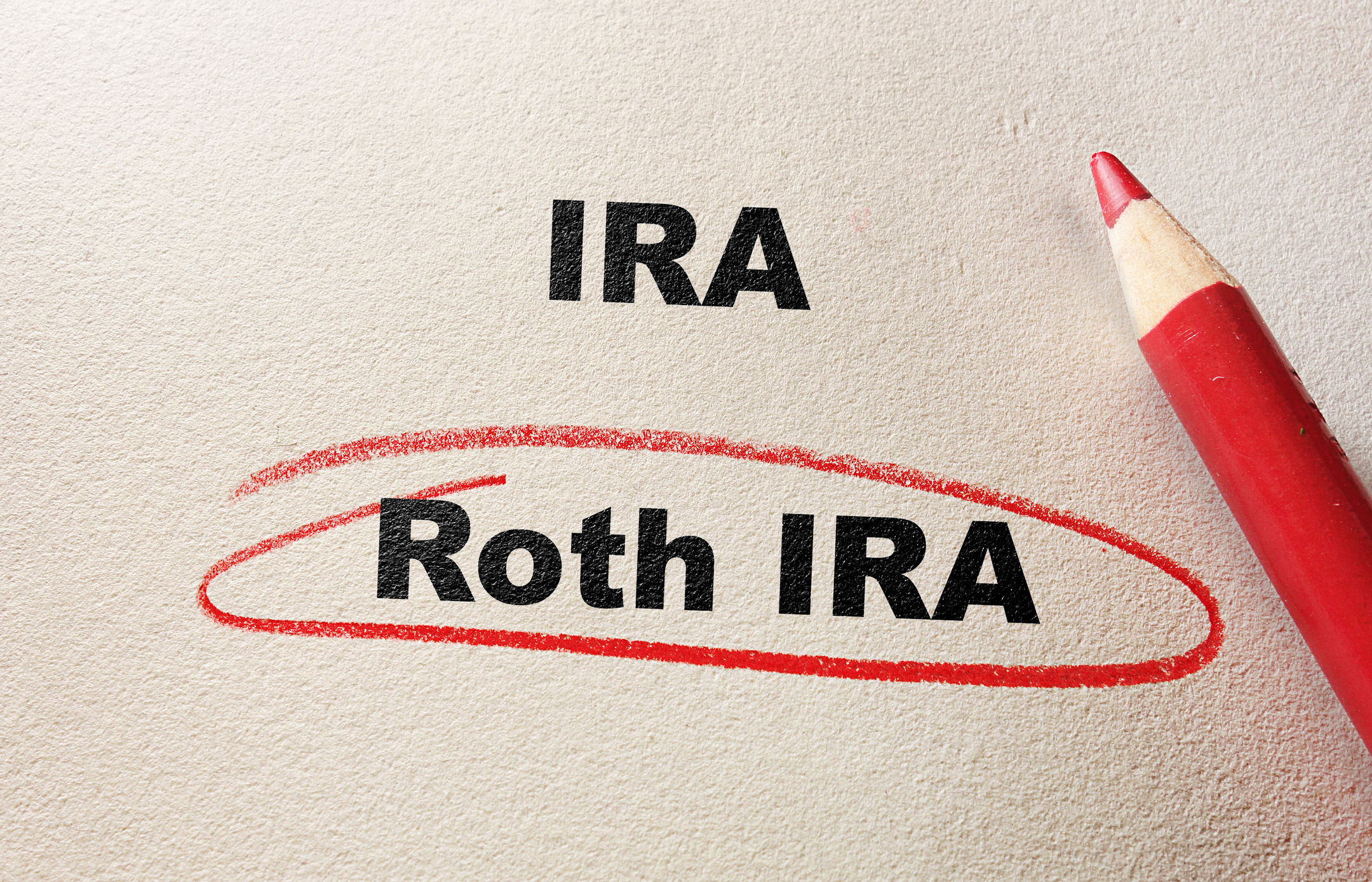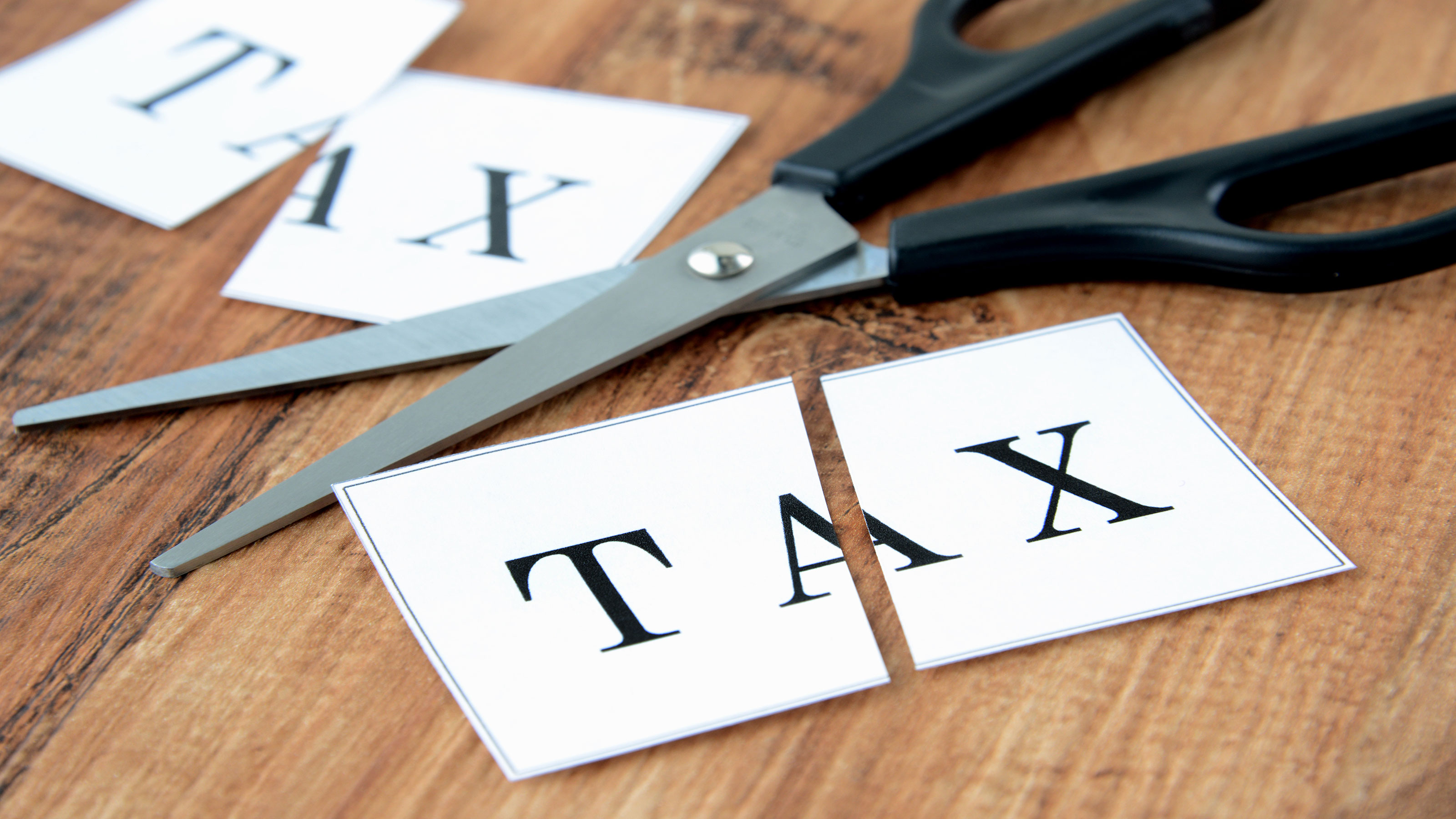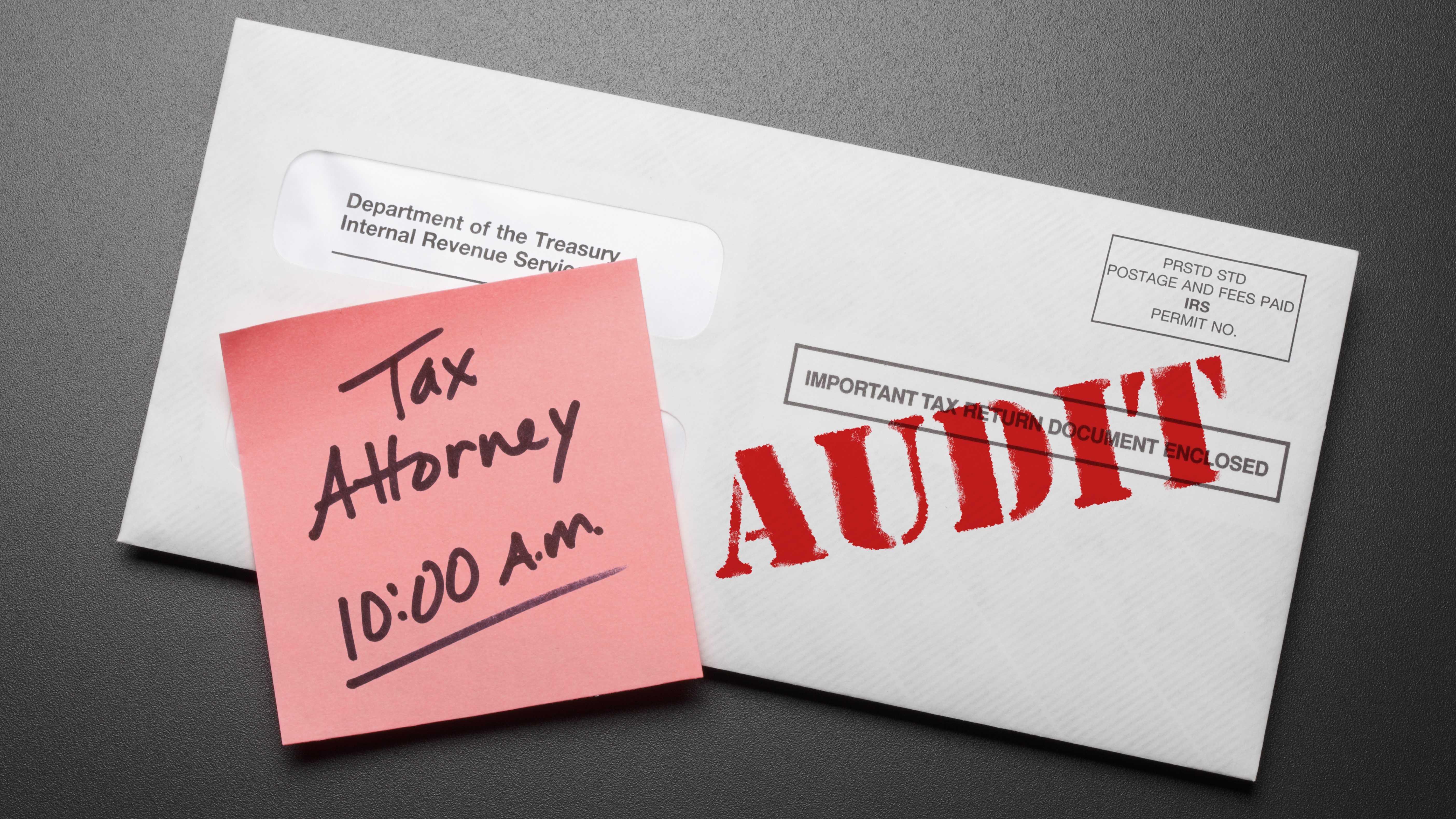How Long to Keep Tax Returns and Records? Kiplinger Tax Letter
The answer depends on what type of document and the kinds of transactions you engage in.

Profit and prosper with the best of Kiplinger's advice on investing, taxes, retirement, personal finance and much more. Delivered daily. Enter your email in the box and click Sign Me Up.
You are now subscribed
Your newsletter sign-up was successful
Want to add more newsletters?
Getting the right tax advice and tips is vital in the complex tax world we live in. The Kiplinger Tax Letter helps you stay right on the money with the latest news and forecasts, with insight from our highly experienced team (Get a free issue of The Kiplinger Tax Letter or subscribe). You can only get the full array of advice by subscribing to the Tax Letter, but we will regularly feature snippets from it online, and here is one of those samples…
The 2024 tax filing season is in full swing. The IRS began accepting 2023 Forms 1040 and other federal tax returns on January 29. As you're getting ready to file your 2023 return, or perhaps even just thinking about filing, you may be wondering how long you need to keep your old tax returns and related records. We get asked this question a lot by people looking for a cutoff date to toss paperwork relating to taxes that they have been saving for years. The answer depends on the type of document and the kinds of transactions you engage in.
Tax returns and Records - General Rule
As a general rule, you should keep your tax returns and supporting documents for at least three years from the due date of your return. That’s generally how long the IRS has to question items on your return and to bill you for any additional tax. It’s also generally the timeframe to file an amended return to seek a refund. There are situations when the IRS can audit even older returns. The IRS can go back up to six years if your return omits more than 25% of income. If fraud is proven, there is no limit. Also, you may have to keep your state tax returns for longer than three years, depending on your state's rules.
From just $107.88 $24.99 for Kiplinger Personal Finance
Become a smarter, better informed investor. Subscribe from just $107.88 $24.99, plus get up to 4 Special Issues

Sign up for Kiplinger’s Free Newsletters
Profit and prosper with the best of expert advice on investing, taxes, retirement, personal finance and more - straight to your e-mail.
Profit and prosper with the best of expert advice - straight to your e-mail.
Tax Returns and Records You Should Keep for Longer
Don’t automatically throw out all of your tax returns and records after three years. Look over old documents to see if you might need any parts of them in the future. Here are some common examples of records and returns that you should keep longer than three years.
Real Estate
- Hold on to records that help establish the adjusted basis of real estate
- Save your settlement sheet whenever you buy real property, including your home
- Don’t throw away receipts or invoices for improvements made to the property that add to its value, prolong its useful life, or adapt it to new uses
- If you have multiple real estate properties, it’s best to have separate folders for each
- Retain all files until at least three years after you dispose of the property
Taxpayers who keep good records will find it easier to calculate the adjusted basis of their real estate investments, which you'll need when you sell the property, compared with people who don’t maintain records.
Securities
The same rules that apply to real estate apply to securities transactions. You should hold on to all records until at least three years after you dispose of the securities. Be sure to keep your purchase documents for taxable mutual funds, stocks and the like. You'll need to include the purchase date and cost on your return in the year you sell the assets. Among other records to maintain:
- Those showing stock splits, dividend reinvestments and nontaxable distributions
- If you invest in bonds or Treasury bills or notes, track when these securities mature
IRAs and 401(k)s
If you’ve made nondeductible pay-ins to traditional IRAs or post-tax pay-ins to 401(k)s:
- Save records until three years after the accounts are depleted
- File Form 8606 with your return for the year you make a nondeductible contribution to a traditional IRA. If you don’t, those contributions will be treated the same as deductible pay-ins when withdrawn
- Retain copies of Form 8606 and your 1040s for each year that such pay-ins are made
- Hold on to Form 5498 or similar statements reflecting the amount of IRA payouts
Inheritances and Gifts
If you inherit property or receive property as a gift that you might eventually sell, heed this advice:
- For inheritances, you’ll need to know the date-of-death value.
- For gifts, you’ll need to know the donor’s cost.
- So, keep documentation of these figures until three years after you sell the asset
Businesses
Businesses should hang on to payroll tax records for a minimum of four years after the due date for filing Form 941 for the fourth quarter of a particular year. Among the information to be retained:
- Wage amounts
- Payment dates
- Employee data (such as names, employment dates and Social Security numbers)
- Periods for which workers were paid while absent because of sickness or injury
- Copies of all W-4 forms and payroll returns, and amounts and dates of tax deposits
- Records of tips earned by workers and fringe benefits provided to employees
Copies of worker health coverage forms should be kept at least three years after the deadline for filing these documents. These are the 1094 and 1095 forms that many employers are required to file to report employee health insurance data.
Also, records on costs of business assets, depreciation, etc., should be retained for decades.
This first appeared in The Kiplinger Tax Letter. It helps you navigate the complex world of tax by keeping you up-to-date on new and pending changes in tax laws, providing tips to lower your business and personal taxes, and forecasting what the White House and Congress might do with taxes. Get a free issue of The Kiplinger Tax Letter or subscribe.
Profit and prosper with the best of Kiplinger's advice on investing, taxes, retirement, personal finance and much more. Delivered daily. Enter your email in the box and click Sign Me Up.

Joy is an experienced CPA and tax attorney with an L.L.M. in Taxation from New York University School of Law. After many years working for big law and accounting firms, Joy saw the light and now puts her education, legal experience and in-depth knowledge of federal tax law to use writing for Kiplinger. She writes and edits The Kiplinger Tax Letter and contributes federal tax and retirement stories to kiplinger.com and Kiplinger’s Retirement Report. Her articles have been picked up by the Washington Post and other media outlets. Joy has also appeared as a tax expert in newspapers, on television and on radio discussing federal tax developments.
-
 Why Some Michigan Tax Refunds Are Taking Longer Than Usual This Year
Why Some Michigan Tax Refunds Are Taking Longer Than Usual This YearState Taxes If your Michigan tax refund hasn’t arrived, you’re not alone. Here’s what "pending manual review" means and how to verify your identity if needed.
-
 If You'd Put $1,000 Into Caterpillar Stock 20 Years Ago, Here's What You'd Have Today
If You'd Put $1,000 Into Caterpillar Stock 20 Years Ago, Here's What You'd Have TodayCaterpillar stock has been a remarkably resilient market beater for a very long time.
-
 Good Stock Picking Gives This Primecap Odyssey Fund a Lift
Good Stock Picking Gives This Primecap Odyssey Fund a LiftOutsize exposure to an outperforming tech stock and a pair of drugmakers have boosted recent returns for the Primecap Odyssey Growth Fund.
-
 Tax Rule Change Could See Millions Lose Health Insurance
Tax Rule Change Could See Millions Lose Health InsuranceThe Kiplinger Tax Letter If current rules for the health premium tax credit (PTC), a popular Obamacare subsidy, aren't extended, 3.7 million people could lose their health insurance.
-
 The IRS is in Chaos
The IRS is in ChaosThe Tax Letter DOGE, departures, data agreements and more are creating havoc at the IRS.
-
 Should You Do A Roth IRA Conversion? Nine Things to Consider
Should You Do A Roth IRA Conversion? Nine Things to ConsiderThe Tax Letter Thinking of converting a traditional IRA to a Roth IRA? The Kiplinger Tax Letter Editor highlights nine factors you should consider before making a move.
-
 Expiring Business Tax Breaks And Trump's Tax Plan
Expiring Business Tax Breaks And Trump's Tax PlanThe Tax Letter Four important business tax breaks are likely to be a part of President Trump's tax plan. We'll break them down for you.
-
 AMT and Pass-Throughs Add Complex Layers to 2025 SALT Tax Planning
AMT and Pass-Throughs Add Complex Layers to 2025 SALT Tax PlanningThe Tax Letter The state and local tax (SALT) deduction is a key sticking point in President Trump's tax plan.
-
 Popular Tax Breaks Are in Danger
Popular Tax Breaks Are in DangerThe Tax Letter A number of tax breaks, including the home mortgage interest deduction, are in peril as lawmakers hunt for revenues to pay for the President's tax plan.
-
 Six Hurdles for Trump's Tax Bill
Six Hurdles for Trump's Tax BillThe Tax Letter While the odds for a new tax bill in 2025 are quite good, there are some sticking points that President Trump and Congress will have to work through.
-
 The IRS is Pursuing Partnerships and Their Owners
The IRS is Pursuing Partnerships and Their OwnersThe Tax Letter The IRS has many enforcement priorities, and partnership tax noncompliance is near the top of that list.